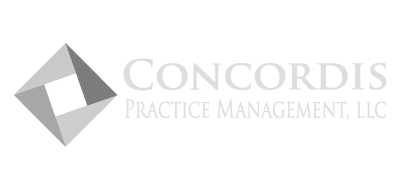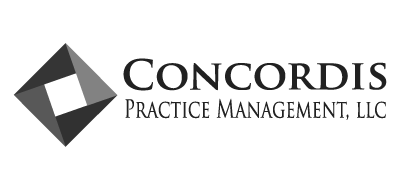
Making Conference Calls More Effective
Many medical practices have multiple locations, to include locations in different cities. It’s not always feasible to have the managers from the other locations drive to a central location to meet. In today’s fast paced healthcare environment, medical practices are using conference calls for meetings to be efficient with their employee’s time away from the practice.
Have you been on a conference call and there are one or two people who seem to monopolize the conversation because they have a louder voice, or they never take a break from talking to let other people contribute. Or, perhaps there is background noise that interferes with the connection. Most people find this annoying and often will just listen because they are not able to break into the conversation. Conversely, while most people don’t like to be rude, sometimes they must interrupt to make a comment. By the way, interrupting is not proper conference call etiquette.
As with any meeting, keep in mind the Seven Ps of Planning: Proper Planning and Preparation Prevents Particularly Poor Performance. For those of you with a military background, you know there’s another word used instead of “particularly”.
Depending on the purpose of the conference call, the organizer or facilitator may be the primary participant and will speak approximately 75% of the call; however, if the purpose of the call is to seek opinions, each participant should have a fair opportunity to speak. As an example, if there are four participants, each person should talk about 25% of the time.
The conference call organizer or facilitator should:
- Set the date and time for the conference call and invite participants.
- Prepare an agenda in advance and share it with the participants.
- Keep the call on track and ensure all participants introduce themselves at the start of the call.
- Ensure support documents are sent to participants in advance of the conference call so they can review the documents to be better prepared for the call.
- Consider using Skype or web-based meeting software to allow participants to indicate they want to contribute to the discussion.
- Don’t catch up someone who joins the call late.
- Tell the participants when the conference call is about to wrap up.
How can participants make conference calls more effective?
- Be prepared for the conference call and be on time.
- Be in a quiet area to avoid background noise.
- Use the mute button when you’re not speaking to enhance the quality of the conversation.
- State their name when they begin to speak to avoid confusion with who is speaking.
- Don’t monopolize the conversation.
- Give other people a chance to share their opinions.
- Don’t speak over another person and don’t monopolize the conversation, unless you are the facilitator.
- Use a land-line when possible for a better connection.
Hopefully with these tips, your next conference call will be more productive. Contact Concordis Practice Management if you would like help with any operational issue. Concordis can be contacted at 210-701-1014 or www.concordispm.com .
References:
http://www.freshbusinessthinking.com/the-7-ps-of-planning/
https://www.lifewire.com/improve-audio-conference-calls-3426277
https://getvoip.com/blog/2017/01/11/skype-conference-call/
https://www.pgi.com/resources/articles/business-etiquette-tips-conference-calls/
https://www.conferencecalling.com/blog/conference-call-etiquette/
https://www.powwownow.co.uk/smarter-working/conference-call-etiquette
https://www.themuse.com/advice/the-27-unwritten-rules-of-conference-calls
https://www.onsip.com/blog/conference-call-etiquette-10-tips-for-having-a-smoother-meeting



No Comments